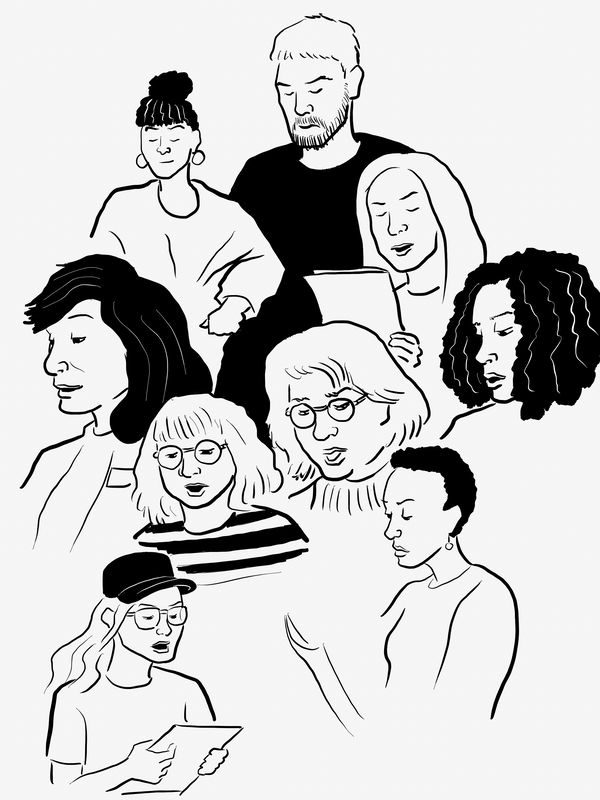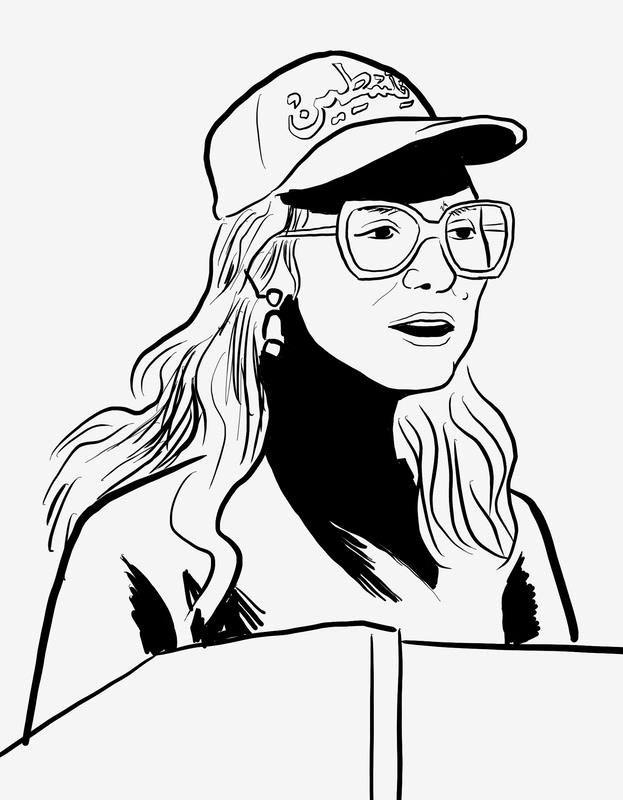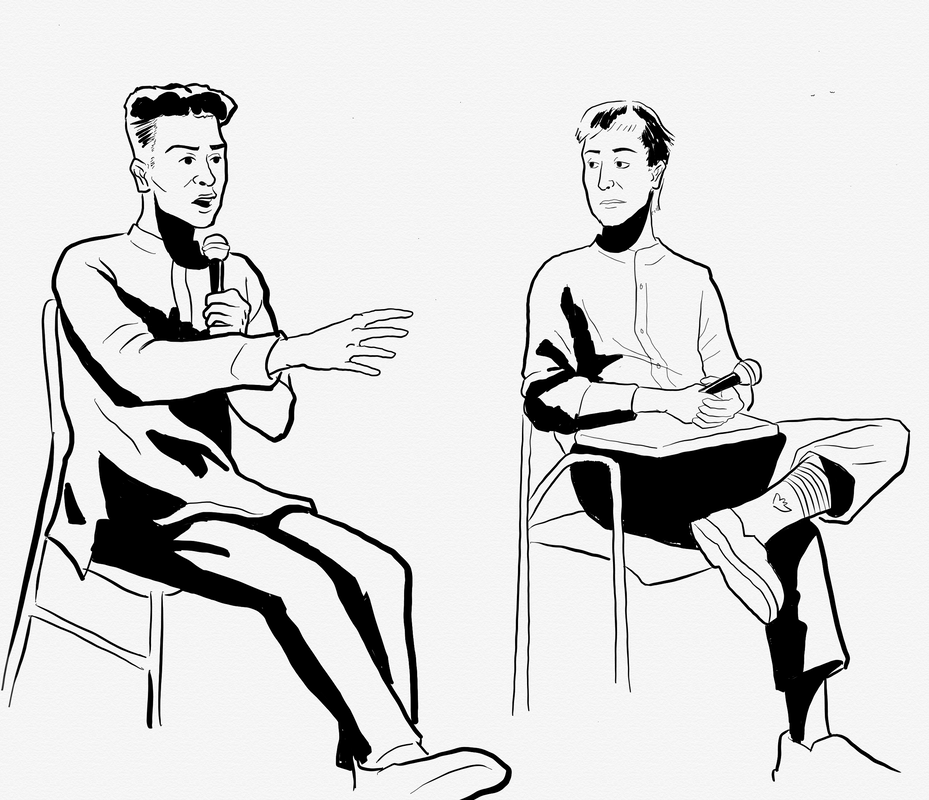|
In the spirit of Black feminist kinship, the poetry line: ‘I said I loved you and I wanted genocide to stop’, taken from June Jordan’s poem tiled Intifada Incantation, was recited by Carolina Alonso Bejarano at the opening of the following session. In the participative workshop that followed, titled Collective Theatre and Anti- colonial Ethnography, Carolina led us to enact together a theatre play titled Undocumented/Unafraid, which was inspired by a true story and produced as part of her collaborative ethnographic project with undocumented migrants-rights activists in New Jersey, US. The discussion that followed the play revealed that, despite our diverse backgrounds and life experiences, temporarily embodying ethnographic findings as a first-person narrative delivered by the ‘actors’ fosters a unique, embodied form of knowledge. This knowledge arises from a temporary affective attunement and proximity to the characters, who endure exploitative working conditions to support their families, experience bodily harm and exclusion from rights, and ultimately discover solidarity, support, hope, and determination through collective struggle. The mixing of roles during the play urges us to think of our different and multilayered positionalities and through what practices beyond the play we can continue to nurture the sense of solidarity that unites us.
|
|
The multiplicity of positionalities and (non)belongings can make one feel lost and alone, but it can also be a starting point of an exploration of the complex layers of longue durée histories that constitute them. In the session titled A New Decolonial Cinematic Language, filmmaker and presenter Nadir Nahdi, part Indonesian, Yemeni, Pakistani, and Kenyan raised in London guided us through his journey of navigating the complex layers of these diverse backgrounds through the lenses of culture and history. The session began with the screening of his documentary, Bad Pakistani, a three-part series that documents Nadir’s travels across Pakistan as he seeks to answer the poignant question: ‘Am I a Bad Pakistani?’ The film takes viewers on a journey through Karachi, a city where many refugees from India settled after the partition in 1947. He provides a rich, visual cinematic glimpse into the culture and people of Karachi while addressing its historical context. However, at the heart of the documentary is Nadir’s introspective exploration of his own sense of belonging in Pakistan. He states, ‘You see my Pakistan is someone else’s, my Nanny’s’, shedding light on the distant relationship many members of the diaspora have with their heritage.
|
|
Following the screening, Nahdi spoke passionately and eloquently about his multicultural upbringing, the role of food in weaving together the diverse threads of his identity, and the disruptive importance of his films in today’s society. The session concluded with an insightful conversation between Nadir and moderator Leila Mukhida. The session underscored the power of film as a cultural tool, capable of revealing or obscuring aspects of reality that resonate with our senses but often go unprocessed consciously. This concept, termed the ‘optical unconscious’ by Benjamin, highlights how the films we consume can either reinforce or disrupt culturally established ideas surrounding representation, genre, and narratives. Thus, it is critical we continue to develop a new decolonial cinematic language that incorporates opposition to existing ways of knowing.
|





